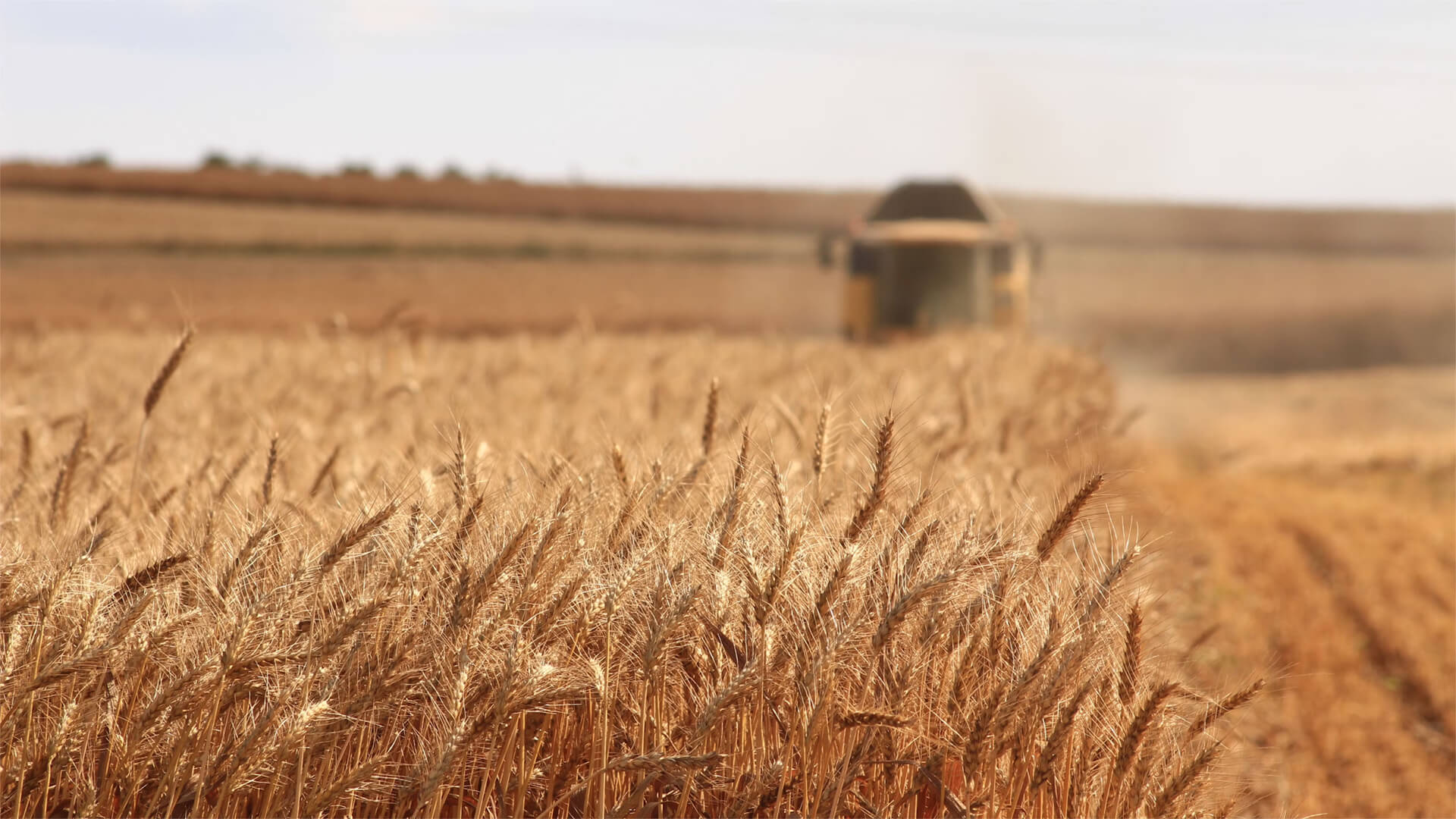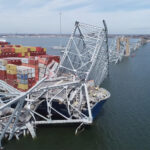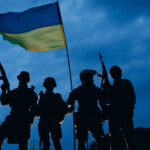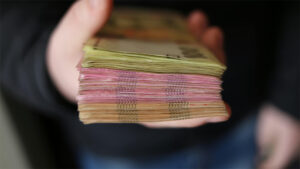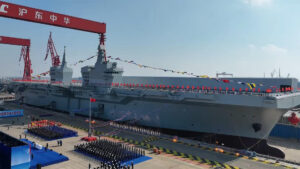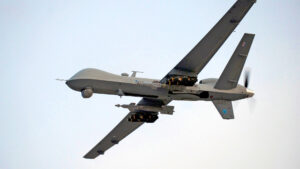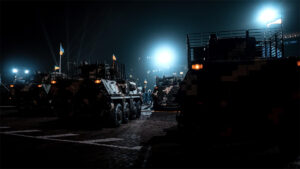Ukrainian agricultural exports are finally having the boot lifted from their throats thanks to new tariffs on certain goods in the EU and Ukraine’s adoption of water based drones.
Exporting Ukrainian agricultural products has been no easy feat; between Russian bombardment, infrastructure attacks, and European interdictions on Ukrainian goods, there wasn’t much movement early on in the conflict. Between the proposed tariffs by the French and some recent success with water-based drones, Ukraine might finally be able to get some product out.
These new tarrifs will free up the markets for Ukraine’s primary revenue generating products, wheat and sunflower. The recent water-based drone attacks on Russian vessels have helped to reestablish the grain corridor through NATO territories, easing pressure further.
Although this is just a small victory for the Ukrainians, restoring their ability to earn through agricultural exports could help ease tensions across the board.
Here at Zeihan On Geopolitics we select a single charity to sponsor. We have two criteria:
First, we look across the world and use our skill sets to identify where the needs are most acute. Second, we look for an institution with preexisting networks for both materials gathering and aid distribution. That way we know every cent of our donation is not simply going directly to where help is needed most, but our donations serve as a force multiplier for a system already in existence. Then we give what we can.
Today, our chosen charity is a group called Medshare, which provides emergency medical services to communities in need, with a very heavy emphasis on locations facing acute crises. Medshare operates right in the thick of it. Until future notice, every cent we earn from every book we sell in every format through every retailer is going to Medshare’s Ukraine fund.
And then there’s you.
Our newsletters and videologues are not only free, they will always be free. We also will never share your contact information with anyone. All we ask is that if you find one of our releases in any way useful, that you make a donation to Medshare. Over one third of Ukraine’s pre-war population has either been forced from their homes, kidnapped and shipped to Russia, or is trying to survive in occupied lands. This is our way to help who we can. Please, join us.
TranscripT
Hey, everyone. Peter Zeihan here coming to you from Colorado. quick update on the trade and war situation in Europe, specifically Ukraine. it appears we have or they have solved the problem of getting Ukrainian agricultural goods to market. So the quick backdrop is that because of the Russian war, the Russians were bombing places like Odessa and interdicting ships on the Black Sea.
And by water is how the Ukrainians ship out. Well over 80% of their agricultural output, or at least before the war, it was, but nobody wanted to get hit by a Russian missile. So basically everyone got locked up in port and we had backlogs, throughout the entire system. the Ukrainians started to ship things by rail west into the European Union.
they couldn’t get nearly as much out at most one third of what they could do, based on product and some products, less than 10%. But every kilometer that the, Ukrainian stuff was in a rail car, was a kilometer of ton rails that the Europeans could not use. So the Romanians, the Hungarians, the Slovaks and the poles, the border states in particular, were getting cheesed off because their farmers were having a hard time getting their crops to market.
And so they would say, you could transit, but you can’t actually sell that here. Well, if you have to go all the way to Germany, that’s a lot of ton miles that were suddenly not available for everything else. So it wasn’t a very tenable such solution. So these countries may on the whole be very pro Ukraine, but they don’t want to destroy their own agricultural sectors to do it.
So two things have changed. First, the French, the French have gotten involved. Though the French are arguably among the most agriculturally protectionist countries in the world. and none of this stuff was coming to France, but, the French economy is roughly as large as all of the border states put together. And so when the French did decide to get involved, it had an impact at the European level very quickly.
And they were looking at some of the secondary products that were coming in, things like poultry and eggs and honey and corn and oats, and they’re like, okay, we produce all of these things, and now all these things aren’t necessarily making it to France. They are making it to Central Europe, which is depressing. Prices within the European Union.
So how about we do this? We do it. We give everyone in Europe the ability, put tariffs on the products that we care about. And in doing that, we then open up the ability for everything else, most notably wheat and sunflower, which are, the Ukrainians, big money makers. now everyone in the border states grows wheat, but by freeing up some categories, then things could go elsewhere and things could basically be shuffled around.
The French got happy, and it took some of the pressure off of everything else. That was part one. Part two is a Ukrainian military strategy using drones. they basically been refitting small jet boats and jet skis and going in force after Russian vessels, especially Russian landing vessels. well, in the last few days, they’ve taken out another two or at least heavily damaged another two, as long as as well as a spy ship that allows the Russians to identify where launch sites and radar sites are.
And what this has had the net effect of doing is clearing the entire western half of the Black Sea of Russian vessels, and forcing the Russians to fall all the way back to an over a cease, and maybe even even to offshore on the eastern side of the Black Sea, which ports most of the western half of the Black Sea, out of range of even Russian missiles.
So this is opened up a grain export corridor going down the western side of the Black Sea through NATO territory, specifically Romania and Bulgaria, Turkey, to the Turkish Straits and out to the Aegean and the wider world. You do that, you take pressure off those bulk commodities like sunflower and wheat. So I don’t mean to suggest that this is solved, and I don’t mean to suggest that everyone has gotten everything that they want.
But a lot of the pressures that we were seeing that were locking up the cargo shipments are now gone, or at least severely ameliorated. And all of a sudden, Ukraine again has its single largest line item export earner back. and that will help everyone, because the more that the Ukrainians can put their own money into the war, the less pressure there will be politically on everyone else.

